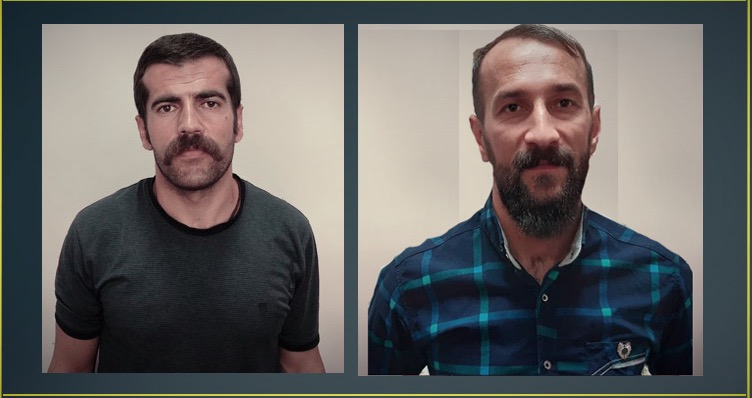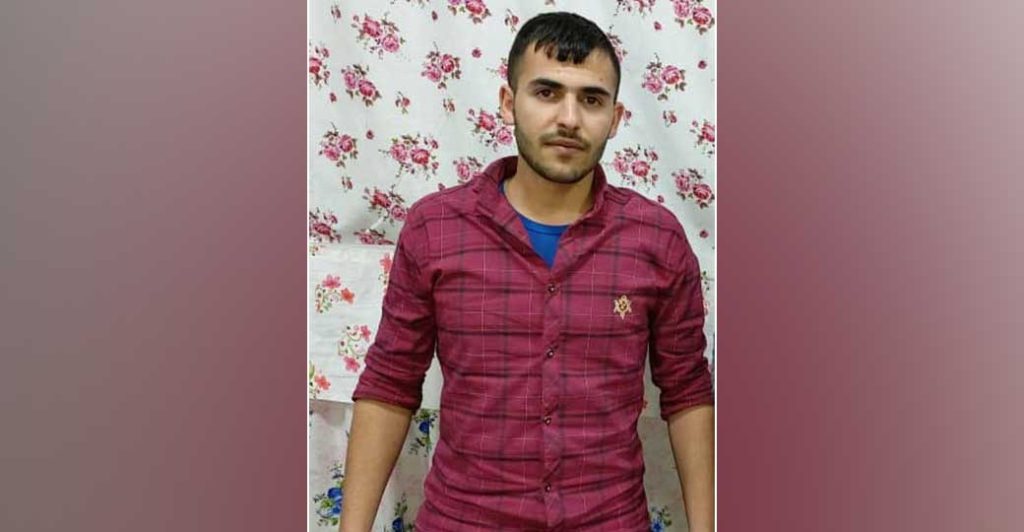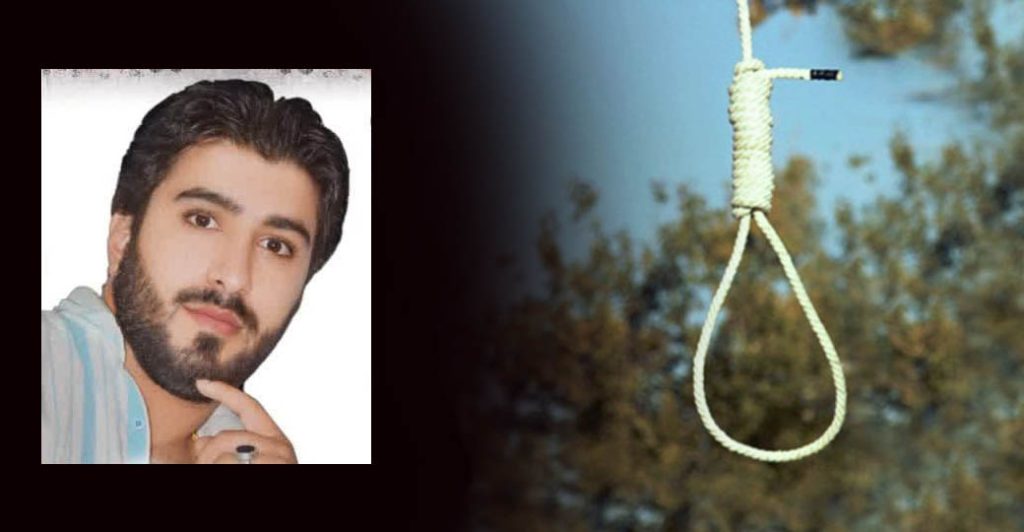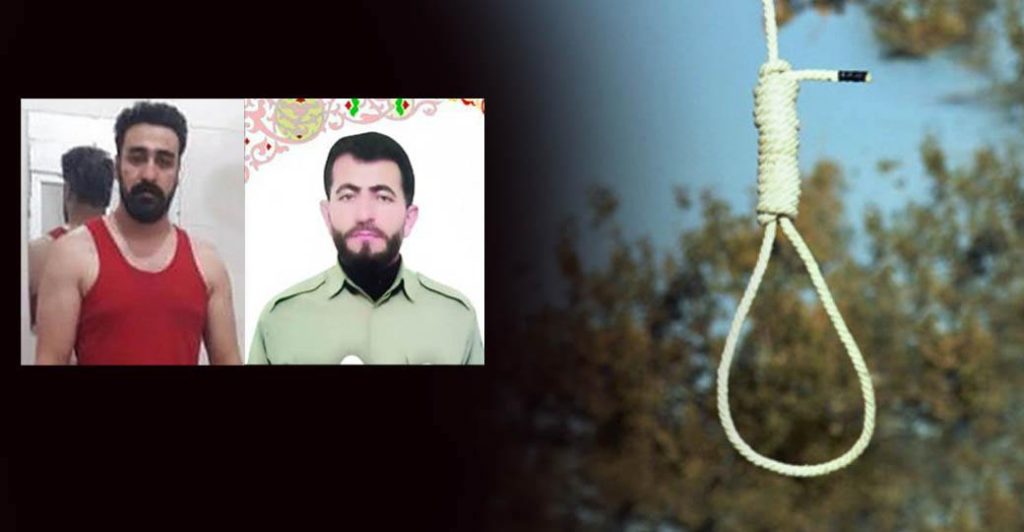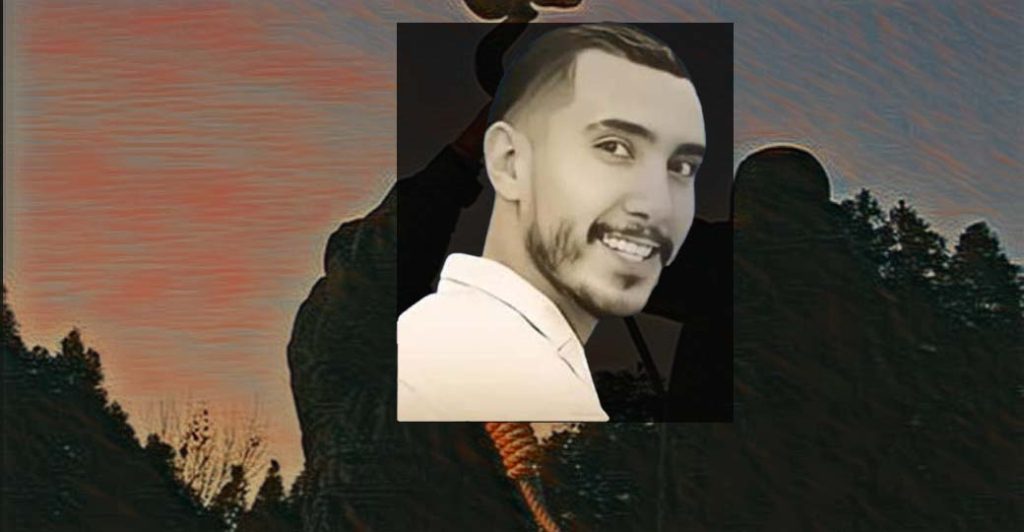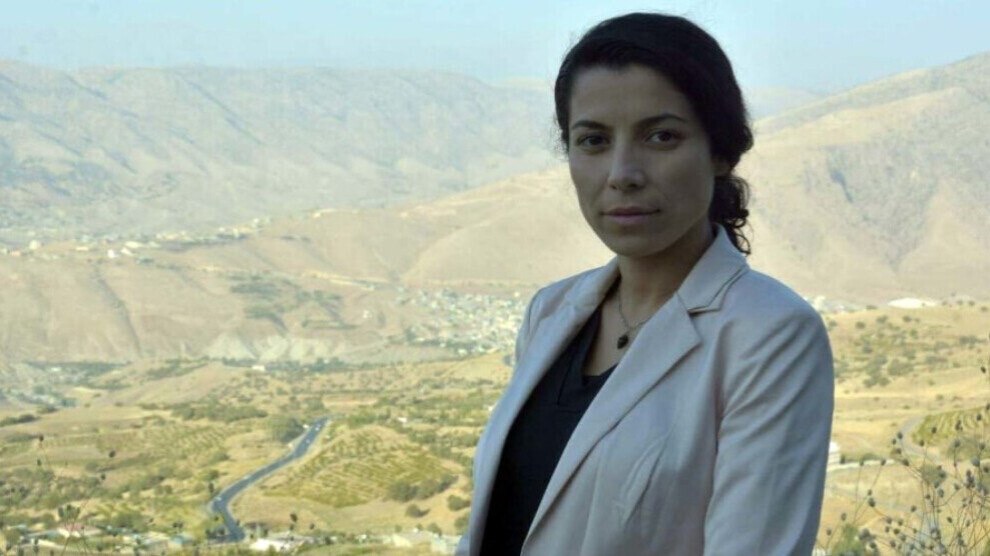Authorities in Orumiyeh Central Prison have transferred Kurdish political prisoners Shaker Behrouz and Keyhan Mokarram, who went on hunger strike on 13 June, to solitary confinement on the same day.
Shaker Behrouz, who was sentenced to the death penalty for “armed insurrection” through “membership in the Komala Party of Iranian Kurdistan”, stated that the reason for his hunger strike was to protest against the disregard of the court to the presented evidence and documents and the unjust death penalty given in his case.
Keyvan Mokarram, who is serving a five-year sentence on charges of “acting against national security” through “collaborating with opposition groups”, has also gone on a hunger strike to protest against the non-consideration of his case in the scope of the double-urgency motion passed by the parliament, for the reduction of his sentence.
Yesterday, a source familiar with the cases of the two prisoners spoke to the Kurdistan Human Rights Network (KHRN) and said: “Shaker Behrouz has been twice sentenced to the death penalty by the [Islamic] Revolutionary Court and the Criminal Court on charges of ‘membership in Komala’ and ‘murder of a member of the Islamic Revolutionary Guard Corps (IRGC)’. During the trial, he presented the testimonies of at least 14 people suggesting he was not present at the location of the murder of a member of the IRGC at the time of the incident, but the court disregarded these documents and refused to summon the witnesses.”
The source also added that Keyvan Mokarram has repeatedly requested the implementation of the double-urgency motion that would see a reduction in his prison sentence, and so far no action has been taken by prison officials and judicial authorities in this regard.
In 2019, the Iranian parliament had approved the double-urgency motion to reduce prison sentences. The spokesman of the judiciary had announced the law in a press conference in July 2020. Pointing out to the need to implement this law he told the state media that “The law, which has reduced sentences in many crimes, reduces the criminal population and calls for an immediate review of the cases and release of prisoners whose cases fall within its scope.”
Shaker Behrouz, a resident of Orumiyeh, presented himself to the office of the intelligence ministry in Orumiyeh in late 2018 after receiving a letter of safe conduct and returning from the Kurdistan Region of Iraq. He was released after 14 days of interrogation.
On 17 February 2019, three months after his release, the Intelligence Protection Organisation of the IRGC arrested Behrouz on charges of killing “a member of the IRGC”. They physically and mentally tortured him for a year and 18 days in the IRGC’s al-Mahdi base in Orumiyeh, under interrogation.
In September 2020, the Islamic Revolutionary Court of Orumiyeh sentenced the political prisoner to the death penalty on charges of “armed insurrection” through “membership in the Komala Party of Iranian Kurdistan”.
In a separate case, Branch 1 of the Criminal Court of Orumiyeh also sentenced Behrouz to the death penalty for an alleged “premeditated murder” of a member of the IRGC.
Separately, on 8 July 2019, the IRGC forces arrested Keyhan Mokarram along with Saber Kamani and Kamran Kamani in the village of Anbi in Orumiyeh. After two months in detention, he was released on bail pending trial.
Recently, Branch 2 of the Islamic Revolutionary Court of Orumiyeh, presided over by Judge Ali Sheikhlou, sentenced the Kurdish civilian to five years in prison on charges of “collaborating with the Kurdistan Free Life Party (PJAK)”. The sentence was upheld in the Court of Appeals of Orumiyeh after the political prisoner’s appeal against the ruling.

